How the 2022 federal election will affect Australia’s property market
The impending federal election will impact the property market in ways that could affect your plans to buy or sell. Find out if the experts are voting for you to push ahead or hold off.
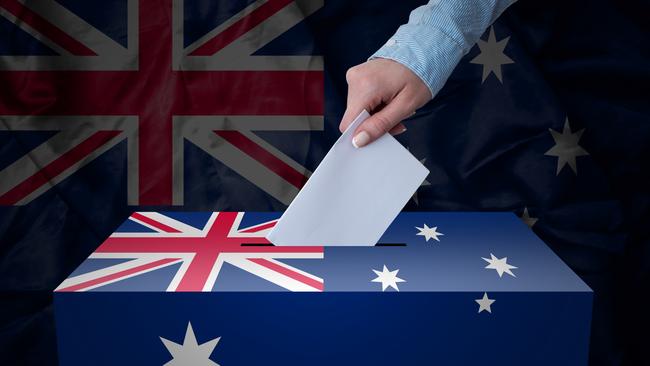
Property
Don't miss out on the headlines from Property. Followed categories will be added to My News.
Australia goes to the polls on May 21 and history shows buyers and sellers will elect to postpone their property plans for the next three weeks.
But while real estate experts are tipping fewer transactions in that time, and fewer auctions on election day, now might be a wise time to forge ahead.
Especially for those trying to buy their first home.
RELATED: NSW real estate: Property price growth by federal electorate
Victorian real estate: Property price growth by federal electorate
Foreign homebuyers desert Australia; Are we headed for a housing crisis recession?
MARKET IN SLOW-MO
Real Estate Institute of Australia president Hayden Groves said elections usually resulted in a majority of buyers and sellers voting to “put their cue in the rack and wait to see what happens”.
“Each and every election, state or federal, the property market tends to slow – but just the level of transactions,” Mr Groves said.
“And on election day a lot of agents won’t run auctions or commence marketing campaigns, so that will be another slowdown.”
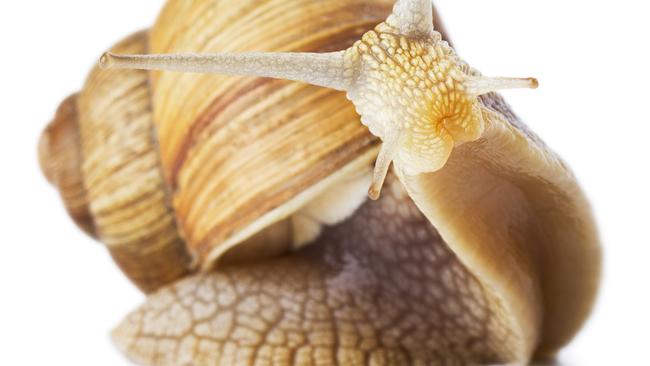
But with no major policies outlined that would impact the wider market at the time this article was published, he said this year’s election was “just an arbitrary date”.
PropTrack economic research director Cameron Kusher said while sales volumes suffered the last time Australia voted, even an Australian Labor Party plan to cut negative gearing (not part of its policies this year) had not impacted prices.
The nation’s median house price gained $10,000 between April and June in 2019, with the nation going to the polls in May. But there were outliers, with Sydney’s typical house plunging from $913,000 in April to $870,000 in May, then bouncing back to $890,000 in June.
Mr Kusher said such jumps were common when observing prices monthly, but noted investor markets were more susceptible to politics.
THE 2022 POLICIES
The only gazetted policy from Labor or the Coalition with direct ramifications for the wider market at the time of writing was an expansion of the home guarantee schemes.
Mr Groves said it was good news for the wider market that the major parties would raise price caps for first-home buyers and provide more places for them in the program in which the government guarantees loans for deposits as low as 5 per cent, or even 2 per cent for single-parent families.
“So first-home buyers will come out in droves after the election when they raise the caps from July 1,” he said.
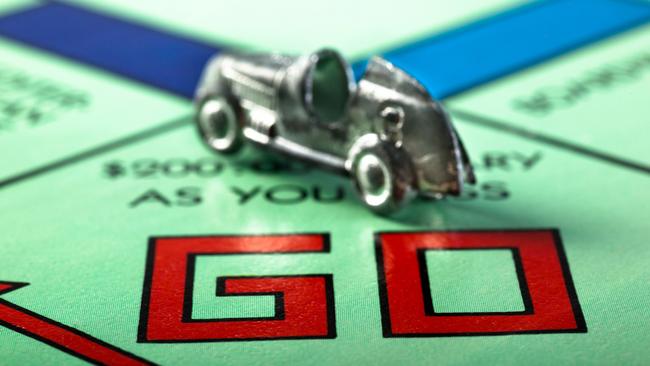
That means the weeks ahead offer a “good opportunity” to beat the extra competition into the market for those ready now, a canny move given the expansion might also buoy the bank of mum and dad.
Mr Groves said instead of having to choose one child to assist with 10 per cent or more of a deposit, parents might find they could help all of their children by providing a more modest 5 per cent deposit to help them get started.
Mr Kusher said first-home buyers who “rush in now” might also avoid more competition from investors whose activity was currently trending upwards.
In the medium-term, more competition at the affordable end of the market could also maintain demand. This might keep affordable home prices firm or even prompt rises despite expectations the wider market will slow this year.
The Coalition and the ALP will also boost funds for social and affordable homes.
OTHER FACTORS
There is another property market-sensitive group that is expected to sit on its hands until after the election: the Reserve Bank of Australia.
The removal of caps on investor lending, a reduction to mortgage serviceability requirements and a cut to interest rates swiftly followed the 2019 election and kickstarted a recovery after Australia’s last market boom ended at the close of 2017.
This time around, the opposite is expected, with a substantial rate rise tipped in June.
Recent economic factors have prompted speculation a modest rise could emerge in May, but more substantial increases in rates are tipped by the end of the year.
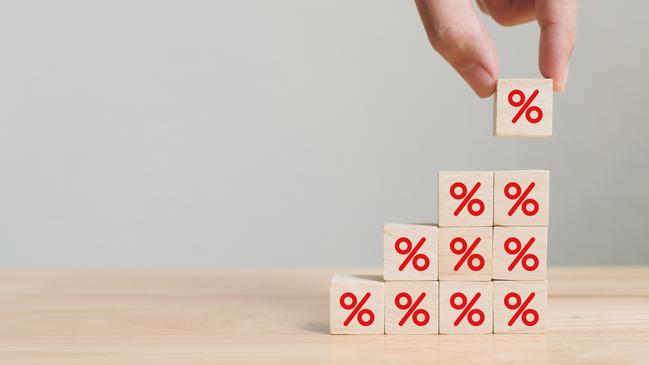
An ALP policy to boost wage growth, and other election-linked cost-of-living initiatives such as a temporary cut to fuel excise, might tempt some buyers to spend more.
But Mr Kusher said while wage growth and cost of living reductions could “to some extent” impact buyers’ budgets, the reality was they would not outpace rate hikes.
The economist said that transaction volumes could be more volatile this election, but mostly as it followed two long weekends in April.
SHOULD I WAIT?
Mr Kusher said that past figures hinted any shortfall in new listings before the election would be countered by a post-polls rise.
But winter, another low-stock period for the market, will also hit volumes a fortnight after the election.
With residual stock from busier listing periods earlier in the year still for sale now, buyers might have better odds before they vote.
“And Sydney and Melbourne think the market has had its peak, so sellers are trying to sell now,” Mr Kusher said.
“Plus buyers want to get themselves into a home before rates rise. So rationally, it’s better to go now.”
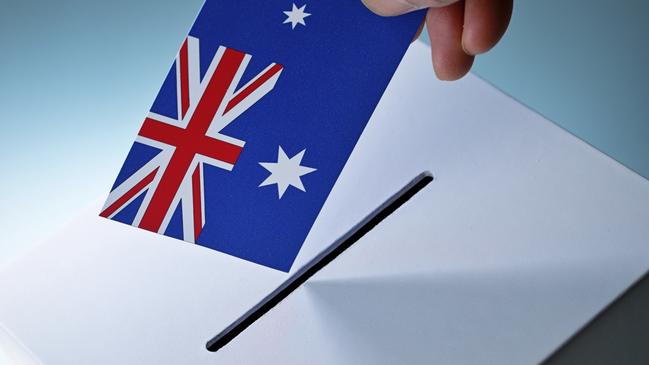
Mr Groves agreed, but warned Sydney and Hobart would likely see more pronounced slowdowns exacerbated by affordability issues after massive home price growth in the past year.
Melburnians, meanwhile, might be “proportionally, more willing to transact” as the city still had buyers and sellers whose plans were delayed by lockdowns.
“But once the election is over, people will realise that nothing significant has changed,” Mr Groves said.
Sign up to the Herald Sun Weekly Real Estate Update. Click here to get the latest Victorian property market news delivered direct to your inbox.
MORE: Drake buys Robbie Williams’ $104 million LA estate
How housing affordability could be fixed
$1m Victorian man cave fit for James Bond’s Aston Martin for sale


